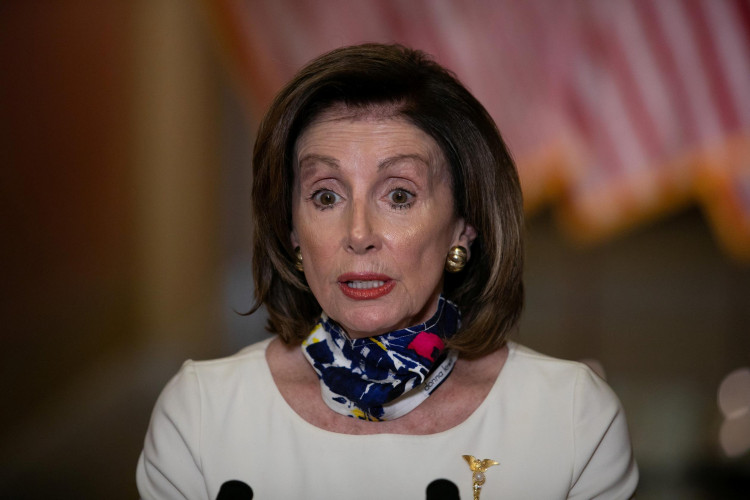The relationship between China and the U.S. would be damaged if U.S. House of Representatives Speaker Nancy Pelosi visited Taiwan, according to China's UN Ambassador Zhang Jun on Monday (Aug 1).
As the U.S. declared it would not be frightened by Chinese warnings to never "sit idly by" if Pelosi made the trip, three sources indicated she was scheduled to visit Taiwan on Tuesday.
Despite weeks of buildup and discussion over whether or not a visit to Taiwan is a good idea, the speaker's official schedule as she left for Asia on Sunday only listed trips in Singapore, Malaysia, South Korea, and Japan, with no mention of Taiwan. This isn't unusual in and of itself; U.S. lawmakers and policymakers frequently visit Taiwan without warning, in part to prevent China from using the ramp-up to attempt and obstruct the visit.
Given the preparation, though, this visit has been everything but usual. People worried about Beijing's response specifically point to the PRC's readout of the phone call between Xi and US President Joe Biden, which had strong language for a diplomatic release: "Those who play with fire [on Taiwan] will perish by it."
At a press conference to announce the start of China's August UN Security Council presidency, Zhang stated that "Such a visit is apparently very much dangerous, very much provocative." The relationship between China and the U.S. will suffer if such a visit takes place. He added that Pelosi's trip shouldn't be compared to the last time a U.S. House speaker visited the island Beijing claims as its own, which was in 1997.
"Taiwan's tendency towards independence is further developing. If we do not take appropriate, forceful action to stop it ... the situation might be even out of control," Zhang said.
He appealed to Washington to uphold its adherence to the one-China principle, which US President Joe Biden, according to him, reiterated in a phone conversation with Chinese leader Xi Jinping last week.
According to Washington's "one-China policy," Beijing receives diplomatic recognition rather than Taipei. However, it is required by US law to give Taiwan's democratically elected government the tools to defend itself, and demand has grown in Congress for greater overt assistance. At the UN on Friday, China charged that the U.S. had applied a double standard by questioning Beijing's sovereignty over Taiwan while highlighting Ukraine's right to self-determination in the wake of a Russian invasion.






